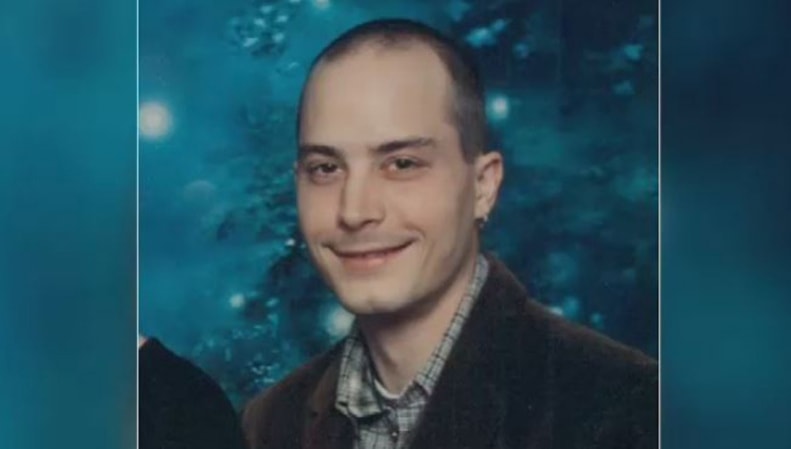
KJIPUKTUK (Halifax) – Locking up people who are intoxicated is most often a bad idea. It criminalizes people who live with addictions and need help. It is also expensive.
“For the most part, the use of the drunk tank reflects a view of alcohol use and a view of public intoxication that is largely out of step with modern values. We should not think about public intoxication as a moral problem or a crime,” says Harry Critchley, who is associated with the East Coast Prison Justice Society (ECPJS).
That’s also the case Critchley and Dr. Leah Genge will be making at Monday’s meeting of the Halifax Board of Police Commissioners. Dr. Genge is a physician who practises at Mobile Outreach Street Health (MOSH), Direction 180, and a family clinic in Spryfield.
Halifax Regional Police (HRP) has asked for a budget increase to hire additional staff after two HRP special constables were found guilty of criminal negligence in the horrible death of Corey Rogers in a Halifax police cell after he was picked up for being intoxicated.
See also: Judy Haiven: The death of Corey Rogers in cell # 5
Rogers wasn’t the first to die in a drunk tank in Nova Scotia, even in recent memory. There was also the equally horrendous case of Victoria Paul, a Mi’kmaw woman who died in 2009 after being picked up for being intoxicated. It took many hours for police to recognize how sick he was and call an ambulance. There have been other cases as well.
Critchley and Genge intend to make the case for a very different approach.
“What we’re hoping to do next week is not to suggest that police should never be using the drunk tank, nor is it to dismiss their concerns around staffing,” Critchley says.
“But another approach is to ask why it is that we have so many people who are being placed in the drunk tank? And what can we do to reduce those numbers? What are the alternatives that are being implemented by municipalities around Canada?”
So what are those approaches?
On Monday Critchley will be talking about sobering centres, while Dr. Genge will talk about the need for a managed alcohol program in the city. The two proposals are complementary, targeting people living with alcohol and drug addictions along a continuum of care.
Sobering centres are emergency shelters for people who are intoxicated, where they can be assessed and supervised in a non-police setting, says Critchley.
There are nine such sobering centres in Canada already, Critchley says, typically supported and endorsed by the local police force.
Critchley recently talked to people running a highly successful centre in Campbell RIver, in British Columbia. That program accommodates some 3500 guests annually, many self-referred, and does that for an annual cost of $450,000.
Meanwhile HRP has some 2,000 people locked up for being intoxicated each year, and is asking for $350,000 just to pay for additional staff. In other words, potential savings are substantial.
A managed alcohol program is a harm reduction program that targets persons experiencing chronic alcohol use disorder and chronic homelessness. These people, probably between 20 and 30, would be provided with a measured dose of alcohol on a timed basis, ensuring that they don’t black out, or turn to damaging so called non-beverage alcohol like hand sanitizers, Critchley explains.
“What I recently learned is that the primary rationale the police had for taking Corey to the drunk tank is that they were concerned that there was no one at his home to take care of him. So in a way the intention was good,” Critchley said. “We also learned that Corey wasn’t actually acting particularly aggressively until the cops told him that they were going to take him into the drunk tank.”
There is solid research that suggests that cops do unfortunately, escalate situations, people are afraid of the police,they make people behave more aggressively. And so if there could have been a civilian response, things would likely have ended very differently, Critchley believes.
With a special thanks to our generous donors who make publication of the Nova Scotia Advocate possible.
Subscribe to the Nova Scotia Advocate weekly digest and never miss an article again. It’s free!



